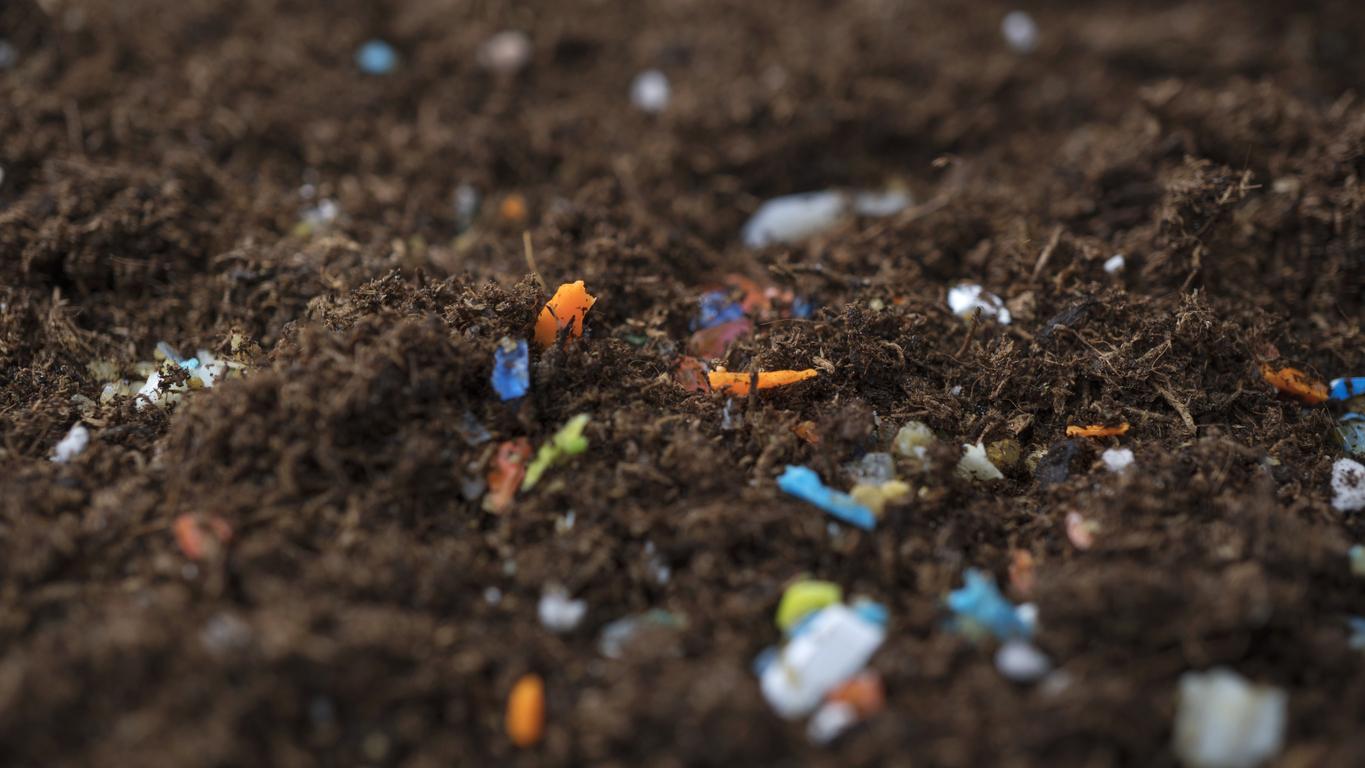An amendment adopted by the National Assembly provides for a ban from 2018 on neonicotinoids, pesticides toxic to bees and humans.

Neonicotinoids are no longer welcome in France. The National Assembly adopted this Thursday a amendment within the framework of the biodiversity law. The text plans to ban these pesticides which threaten the survival of bees and damage human health.
To give farmers time to deploy alternatives, the amendment will not come into force until September 1, 2018, to the chagrin of environmental associations, but it does not provide for any derogation – a detail of the utmost importance, while the industrialists have the art of transforming exemptions into rules of principle.
Pressure from lobbyists and government
The text, carried by the chairman of the Sustainable Development committee, Jean-Paul Chanteguet (PS), was adopted at the last minute – by 30 votes to 28 – after intense parliamentary debates. It aims to “send a strong signal to chemical groups, farmers, and the executive,” said this deputy, while denouncing “pressure from agro-industrial lobbies but also from the executive. “.
Indeed, last week, the Minister of Agriculture, Stéphane Le Foll, sent a letter to deputies asking them not to create “brutal bans” to avoid “distortions” of competition between European states.
Some LR and UDI deputies criticized supporters of the ban for “seeking a symbolic, political, media victory”, and considered that the measure would still “penalize” French farmers. On BFMTV, Ségolène Royal said she was “little surprised” by these procedures. The Minister of the Environment, however, castigated “the rearguard fighting over the maintenance of pesticides in particular”.
Neurotoxic
At the instigation of France, the European Union restricted the use of certain neonicotinoids in 2013, but these pesticides remain widely used. At the time, the European health security agency, EFSA, however little known for its overwhelming alarmism, pointed out the neurotoxic effects of two neonicotinoids (acetamiprid and imidacloprid) on humans. These substances “can adversely affect the development of neurons and brain structures associated with functions such as learning and memory,” the agency said.
The text provides for establishing the list of alternatives to neonicotinoids on the basis of an opinion from ANSES (the French Food and Health Safety Agency). “The legislator must assume its responsibilities by prohibiting the use of these molecules, while allowing the agricultural profession to adapt”, pleaded the author of the measure in his explanatory memorandum.
The amendment must still be validated by the Senate, which had rejected it at first reading, then it will come back to the deputies. Its future is therefore not totally sealed; senators could introduce exemptions from the ban by amendment.
.















